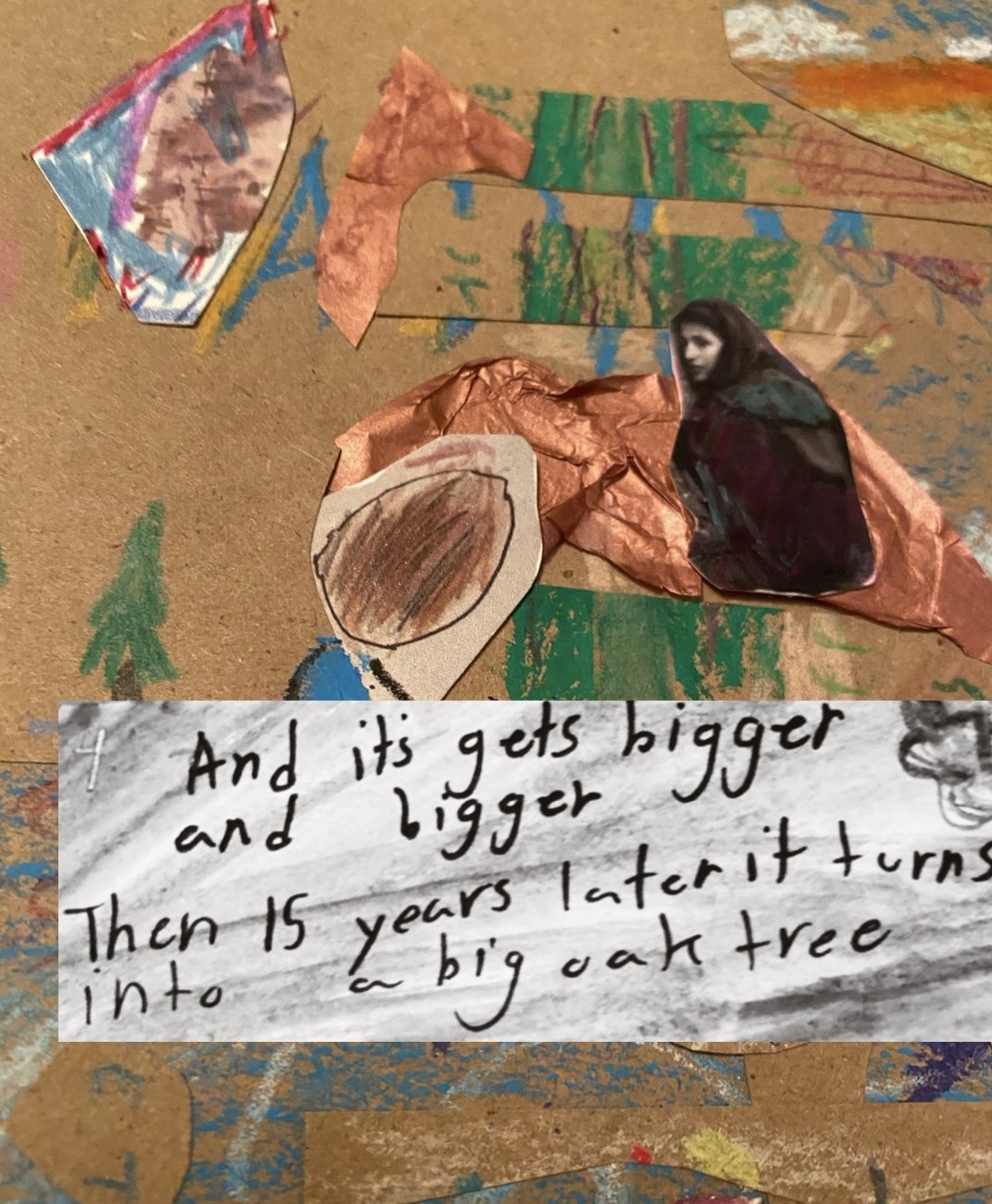1
To begin with the poem I cannot forget, in the shape of this single long stanza given to the reader in Elizabeth Willis’ Alive: New and Selected Poems from NYRB Imprints:
NOCTURNE
I'm thinking of
the heat in the reins
a gear in love with itself
two parts that fit
I'm thinking about your face:
there's nothing to invent
Driven to distraction
or just walking there
The edge of my mind
against the edge of yours
An astrolabe isn't thinking
of a concrete lane
or unconquerable interior
Abiding by its class
and country church, a kitsch picture
is not "sincerity"
though I am native to it
A nation has this sound
of being born The human
is not its ill-begotten ad
A hemisphere is not your hair
in its Parisian rooms
An astrolabe is not
a metaphor for love
though love contain the mortal roots
of congress, like a peasant
inside the name you give its ruins
2
O, here we go ‘tis the serrated edge of my mind against the edge of yours who is the edgelord anyway we dice it.
3
An astrolabe may not be a metaphor for love if Dean Young was right and love is the metaphor flexed against itself while it keeps changing the terms of the dance so “all prepositions are hopeful but opaque is the afterlife” of our edging.
4
I’m thinking of the last time I saw your face and how it was altered by the fact of my wearing sunglasses which led you to ask if I had been crying or whether I had a migraine which meant that my final glimpse of you included my lie with that shading.
5
Who is Hans and who is Gretel in the story who is the gear in love with itself when a Sunday is the morning after.
6
As someone else thinks about your face, I am savoring how much I love the word “sloth” and thinking that I will rise from from the floor in a minute or so and do whatever it is that the mammals wants from me, wherein ‘wanting’ is closer to consumption than desiring and ‘whatever’ isn’t a still-life from seven deadly sins in the mouths of french women.
7
“When she was asleep, I no longer had to talk, I knew that I was no longer observed by her, I no longer needed to live on the surface of myself,” Proust wrote. He was driven to distraction by the fact that his characters kept trying to read him.
8
There is the heat in the reins and the horse of the moment who is driven by the idea of the driver but I’m thinking of the metaphor as the wah pedal being pressed to distort in order to make a thing like me sound a lick clearer.
9
And that day after I flew to Chicago when the man to my left told me that he was the King of Lineation and I thought about how it would feel to be a shoe of no expectation, a strange leather thing with a sole from whom no one expects an answer.
10
A kitten does not learn to purr for days but a nation has this sound of being born whenever I read Beckett and find “certain questions of a theological nature” in Molloy, including: “What value is to be attached to the theory that Eve sprang, not from Adam's rib, but from a tumor in the fat of his leg (arse)? Did the serpent crawl or, as Comestor affirms, walk upright? Did Mary conceive through the ear, as Augustine and Adobard assert? What is one to think of the Irish oath sworn by the natives with the right hand on the relics of the saints and the left on the virile member? Does nature observe the sabbath? Is it true that the devils do not feel the pains of hell? The algebraic theology of Craig—what is one to think of this? Is it true that the infant Saint-Roch refused suck on Wednesdays and Fridays? What is one to think of the excommunication of vermin in the sixteenth century? Is one to approve of the Italian cobbler Lovat who, having cut off his testicles, crucified himself? What was God doing with himself before the creation? Might not the beatific vision become a source of boredom, in the long run? Is it true that Judas' torments are suspended on Saturdays? What if the mass for the dead were read over the living?”
11
The best part of that book is what it promises in the ending: “Then I went back into the house and wrote, It is midnight. The rain is beating on the windows. It was not midnight. It was not raining.” I have so much to say about yellow yet. Have I mentioned how much pleasure Beckett gives me very personally by putzing about with Pythagoreans? The worst part being that time will not tell the name you give its ruins.

